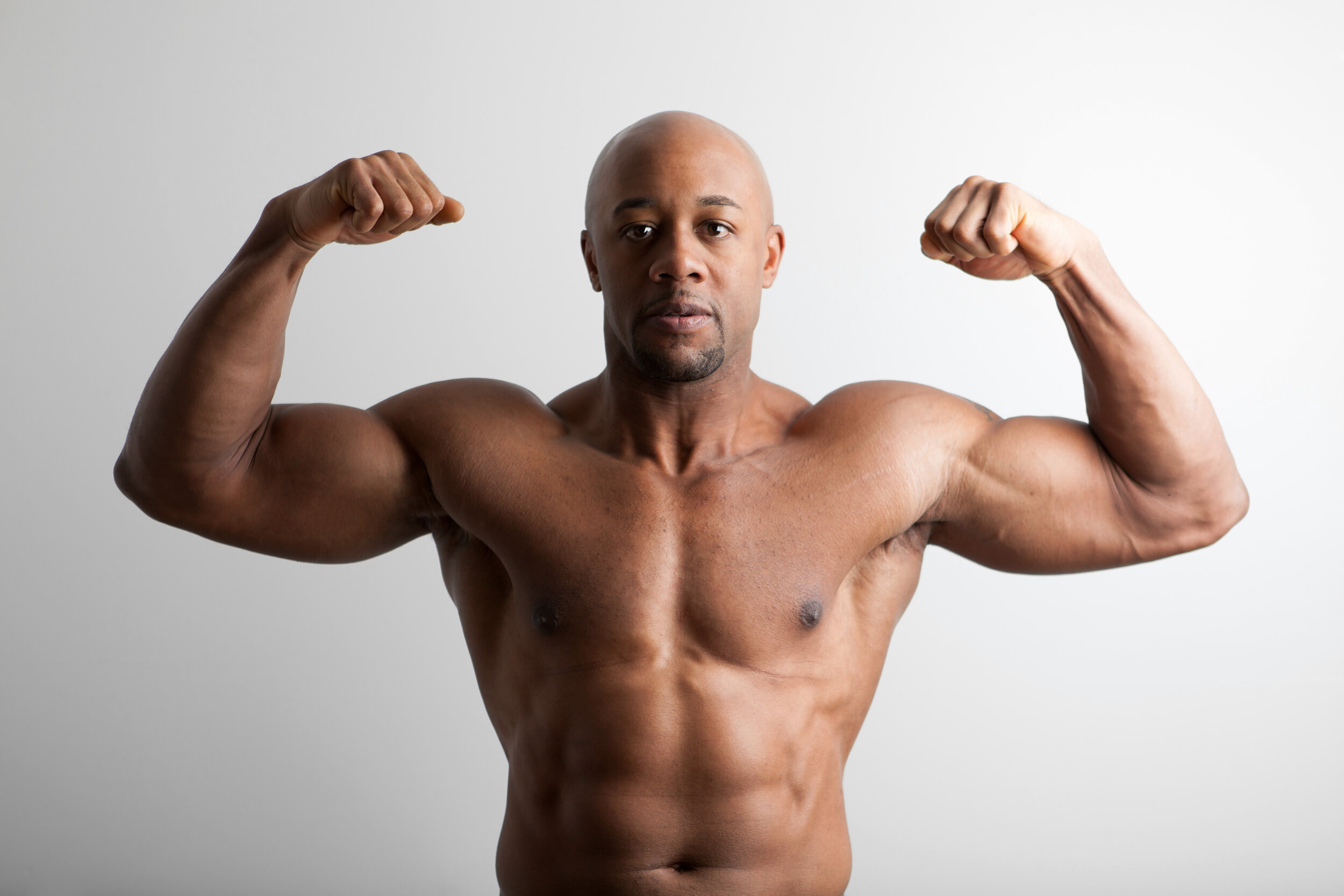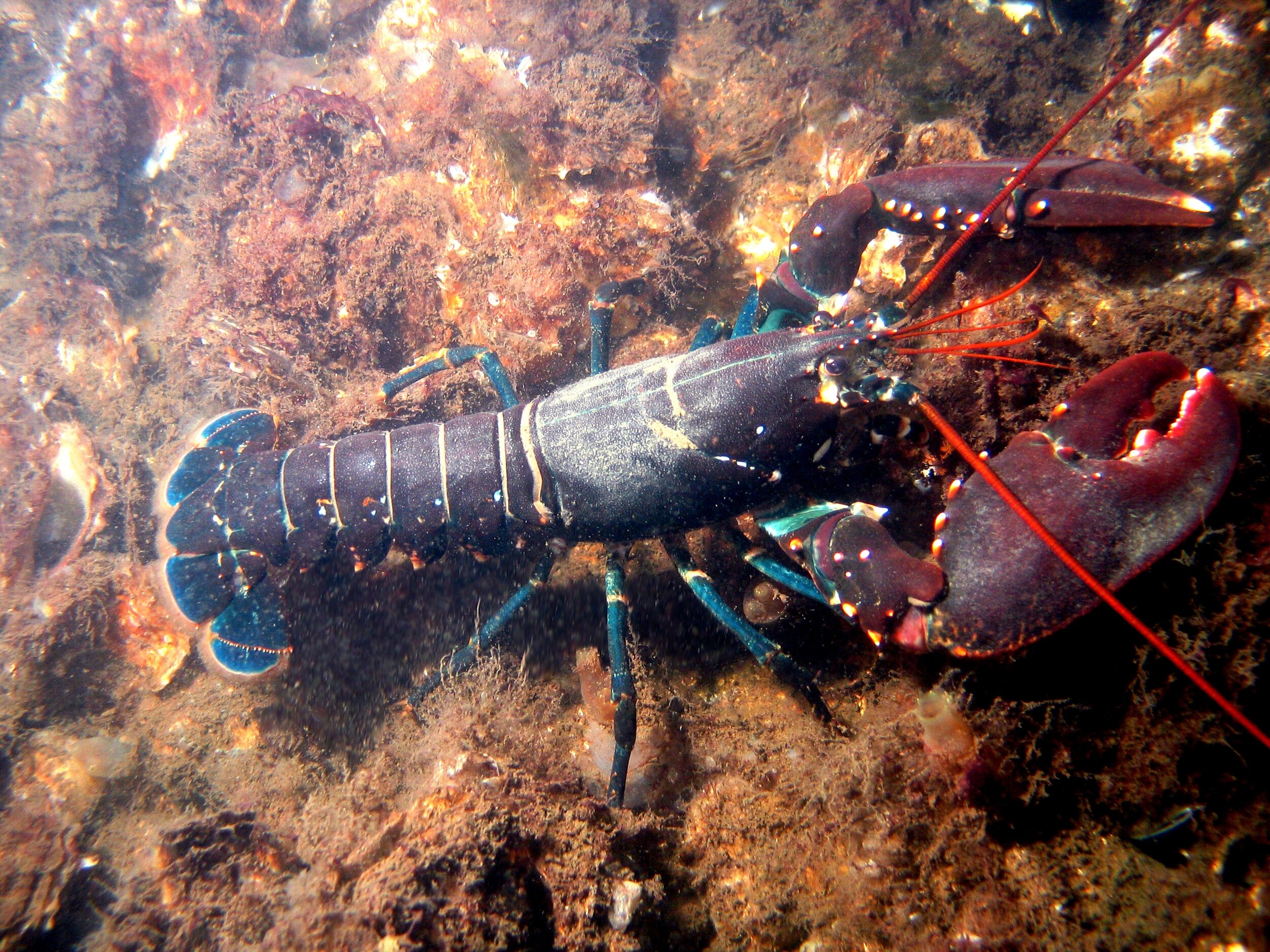

When Do We Physically Peak? (Peaking Part 2)
Olympic weightlifting is the main professional lifting competition, but Olympic athletes cannot be used to assess averages for lifters. The people who make it to the Olympics have genetic and social advantages that make them the best in the world.
The margin of winning at these high levels is so small that even the most dedicated and talented athletes may never make it to the Olympic Games and could quit trying to compete well before their physical peak.
Research in masters lifting has shown that most lifters were physically peaking between ages 30-35, and although their abilities do start decreasing, it’s at a much smaller and slower rate than people tend to expect.
Career peaking is a social construct and should not be used as the only way to measure expected performance and growth.

When Do We Physically Peak? (Physical Peaking Part 1)
Peaking in your career and peaking physically are usually going to be different, especially for weightlifters. While many professional athletes retire from competing in their 20s, it is not always because they have physically peaked. Social factors have a huge impact on both career peaks and physical peaks. High level athletes need time, money, and other resources in order to train at the level required to be competitive. A career usually comes to an end or doesn’t meet its full potential because of one or more of these resources is scarce or withheld from an individual.

A Human Is Not A Lobster
A human being is not like a lobster, a wolf, or a cow - so why do we constantly use unfit animal metaphors to describe how humans ought to eat, think, or behave?
